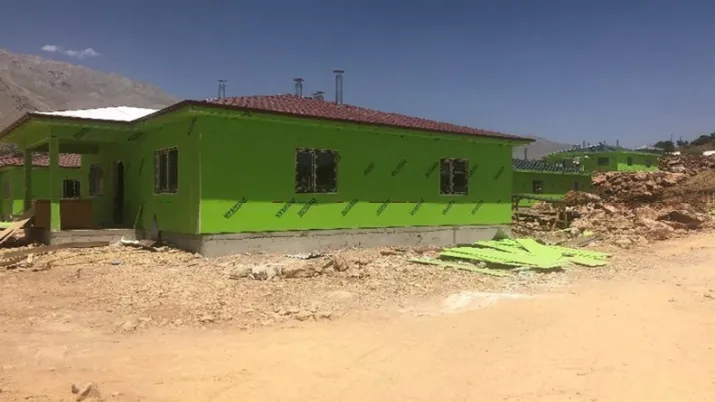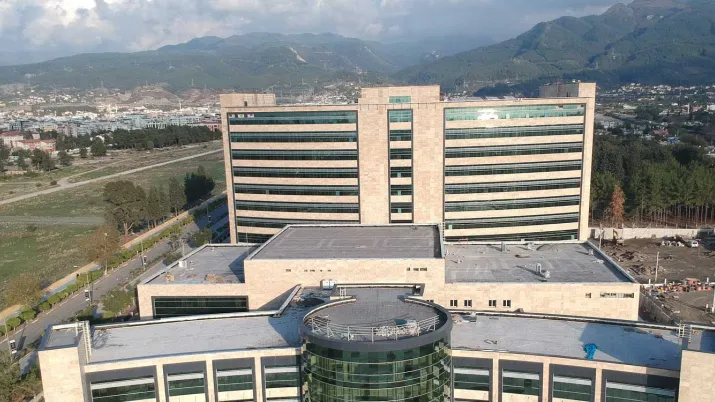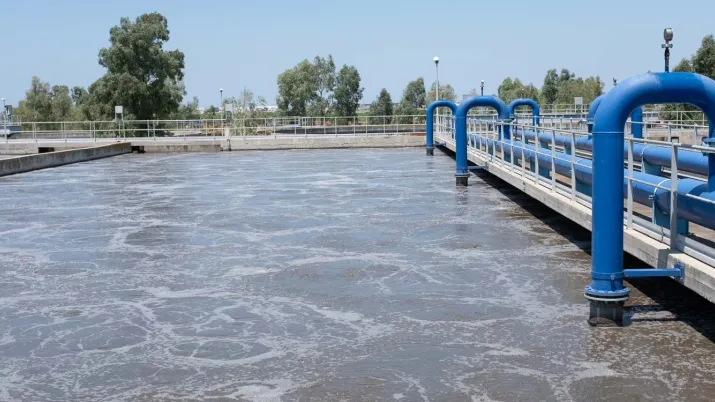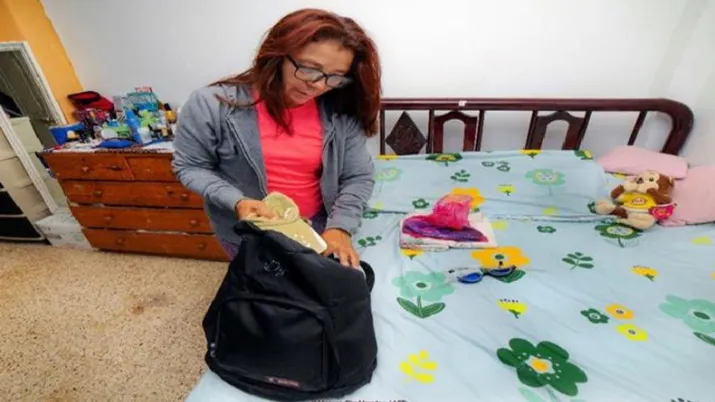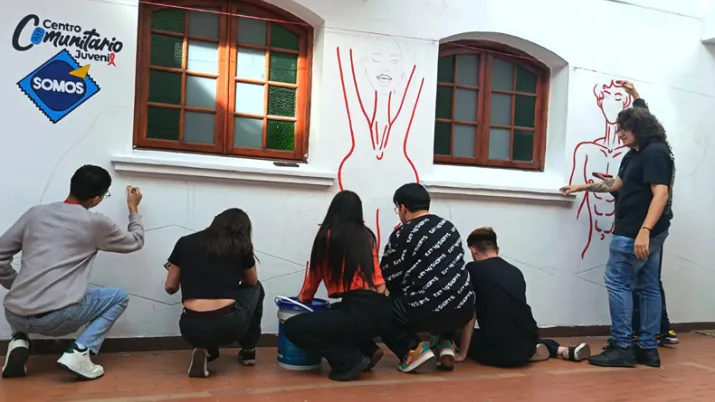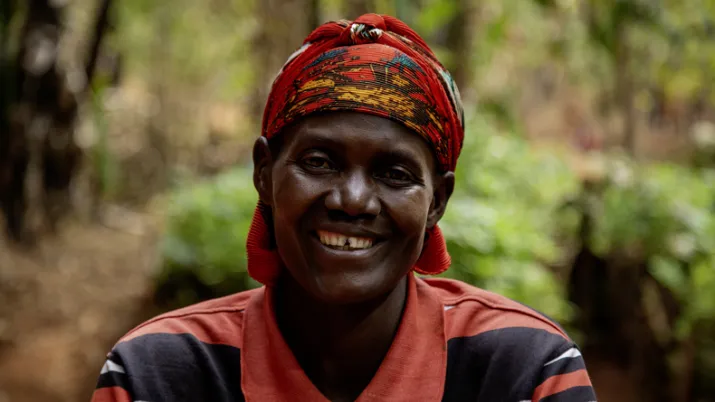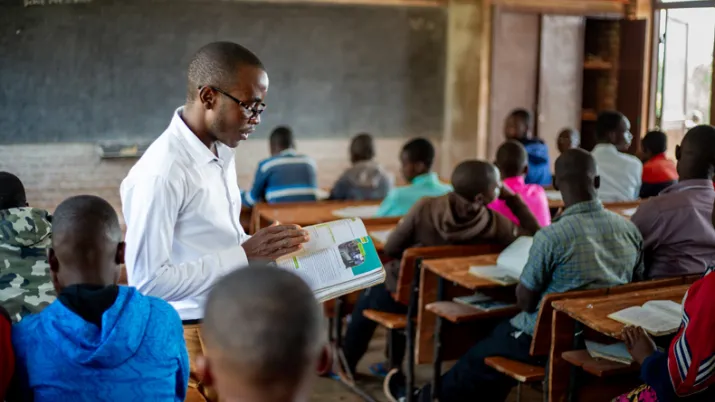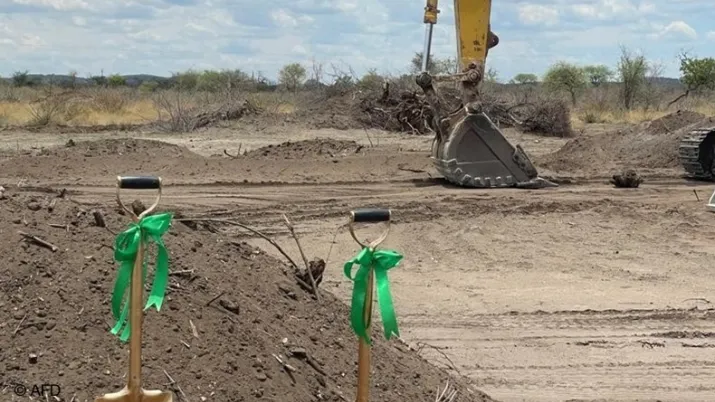Share the page
Üçyol-Buca metro construction with Izmir Metropolitan Municipality
Project
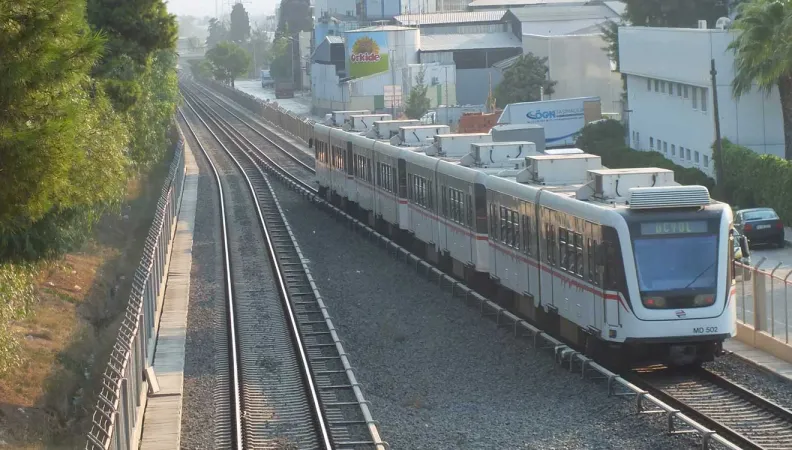

-
Project start date
-
Status
Ongoing
-
Project end date
-
-
Project duration
-
12 years
-
AFD financing amount
-
€ 125 000 000
-
Country and region
-
Location
-
Izmir Metropolitan Municipality, Türkiye
-
Type of financing
-
Beneficiaries
-
Municipalité métropolitaine d’Izmir
The purpose of this project financed by AFD is to contribute to the sustainable urban development of the metropolis of Izmir, through the construction of an efficient and inclusive public transport network. In doing so, the project also aims at reducing Izmir’s carbon footprint and air pol-lution; and improving the position of women in the sector, both as users and as employees.
Context
Izmir, Türkiye's third most populated city with 4.4 million inhabitants, Izmir is the most vital and largest urban center of western Türkiye.
To meet the growing demand for urban mobility, while "containing" the modal share of the private car, the City is investing heavily in an efficient multimodal public transport network, giving pride of place to rail transport (metro, tram-ways, suburban train). The challenge is to maintain access for all to employment, education and basic services, while controlling congestion and greenhouse gas emissions.
The City’s transport master plan, revised in 2019, foresees more than one billion euros of investment in the years to come. The second metro line, the Buca line, is one of the priority investments in this plan.
Description
The overall objective of the project is to contribute to the City’s sustainable urban development. The specific objectives are threefold:
- support the City in the development of a sustainable, efficient and inclusive public transport network;
- ensure women's access to a safe and attractive mobility system as well as equitable access to the opportunities generated by the project;
- reduce Izmir's carbon footprint and air pollution by promoting greener and low carbon transport.
The project consists of the construction of a 13.4 km east-west metro line, completely underground, connecting Üçyol to Buca, with 11 stations, a depot and a control center. This line serves neighborhoods that are densely populated by the middle class and students. The new metro line will operate automatically, without a driver.
Impacts
At opening, Buca metro line is expected to provide enhanced mobility services to about 335 000 inhabitants living within 10-minute walk from its stations. Expected ridership on the line is approximately 190 000 daily passengers at opening and 300 000 passengers by 2050. The line will also have a positive impact on reducing gender inequalities by facilitating the mobility of women (who often have less access to motorized vehicles) via a high quality, accessible and safe service. In addition, by making it possible to replace journeys made by buses and minibuses that have little capacity and are relatively polluting with journeys made by metro, the project will generate savings of 24 400 t CO2eq/year over 30 years.



